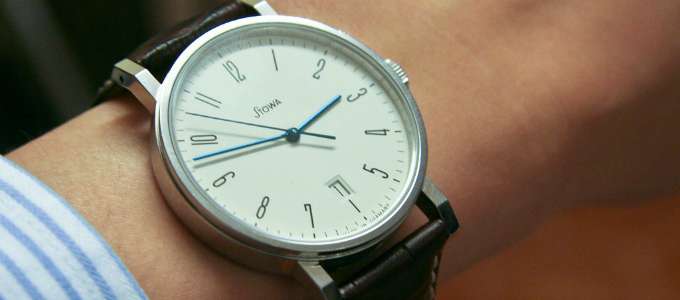The novice entertainer was granted a five-minute encounter with the master comedian. Ushered into the star’s private dressing room prior to the evening show, he bumbled through his one and only question: “Sir, what I really want to know is, what is the secret of telling jokes?”
There was no response from the comedian. After a few uncomfortable minutes, there was a knock at the door announcing time was up. An assistant entered the room and escorted the now confused and frustrated novice out of the room. As the door started to close, the novice heard the voice of the master comedian suddenly shout out: “Timing!”
Timing is critical to the world of entertainment — and equally important to talent management. Excellence in talent management is providing a steady supply of the right talent, for the right roles, ready at the right time. Nothing is more satisfying than getting the timing right. But go too early or too late and the joke is on you.
Premature launches solicit unnecessary resistance or apathy, quickly getting disposed into the dustbin as “another waste of time by our human resources department.” But waiting until the perfect, risk-free moment to start a new initiative is a fantasy of timid souls in this fast-paced, ever-changing world of business.
In my career, I’ve been the novice timer more than I would care to admit. At times, I moved too quickly with what excited me but not the organization, or reacted too slowly to make a difference.
Over time, I improved by watching and learning from the masters of timing in my organization. The best teachers were often sales professionals or skillful research and development product advocates. The best ones displayed excellence in situational scanning, product readiness and personal preparation.
Situational Scanning
Master timers are constantly scanning the environment for what is going on in the company, especially with key stakeholders. They are consciously reaching out to senior leaders to know what’s on theirminds.
Because of this, these people know when it’s a good or bad time to bring up a new idea, when to schedule a meeting and when to send out an email request. Call it political savvy or just plain street smarts. As an executive coach once told me that knowing the “buzz” about you and your team is critical in judging the amount of credibility and influence you have to propose something new.
Product Readiness
The second master timer practice is judging if the new talent proposal is “ready for prime-time.” The novice may prematurely launch a talent product or delay with needless over-engineering. The master avoids both extremes by first assessing the minimum capabilities necessary for a solid launch.
Some innovations just need a “lean startup” approach, where a small pilot is tested in part of the organization, and then a series of rapid adjustments are made until the product is proven and ready to go to scale throughout the organization.
On the other hand, circumstances may dictate the level of risk is too high to try anything until the new talent product is more thoroughly designed. This is especially true with new global talent products. With either rapid introduction or slow build, the master timer has a finely tuned sense of what degree of product readiness is necessary for success.
Personal Preparation
The final dimension is personal by requiring the innovationchampion to be ready for the demands of courageous leadership. Anything with meaningful impact will generate a good deal of resistance and challenge. Even when the right situation presents itself and the innovation is quite ready, the novice falls short by being overcommitted, overconfident or underprepared for what’s ahead.
Master timers, on the other hand, are up for the challenge. By making the tough choices of prioritization, they have adequate time and personal energy to shepherd the new idea. Having done the homework well, they display confidence and internal fortitude to stay focused. Yet the master possesses the humility to be open to learn and adjust when necessary.
In all, mastering timing may be one of the most critical capabilities. Consider fine-tuning your sense of timing by investing in the habit of situational scanning, product readiness and personalpreparation.















